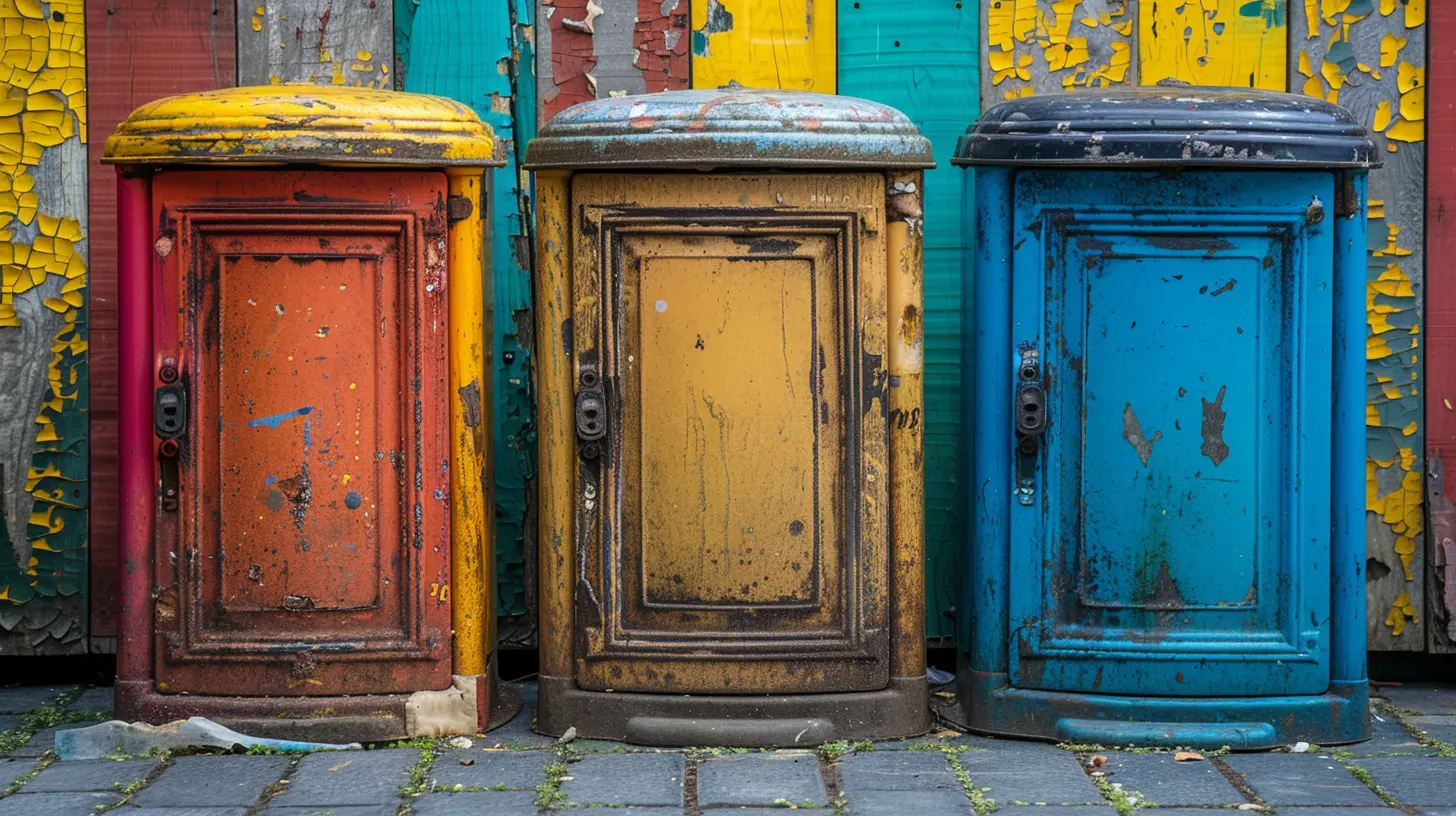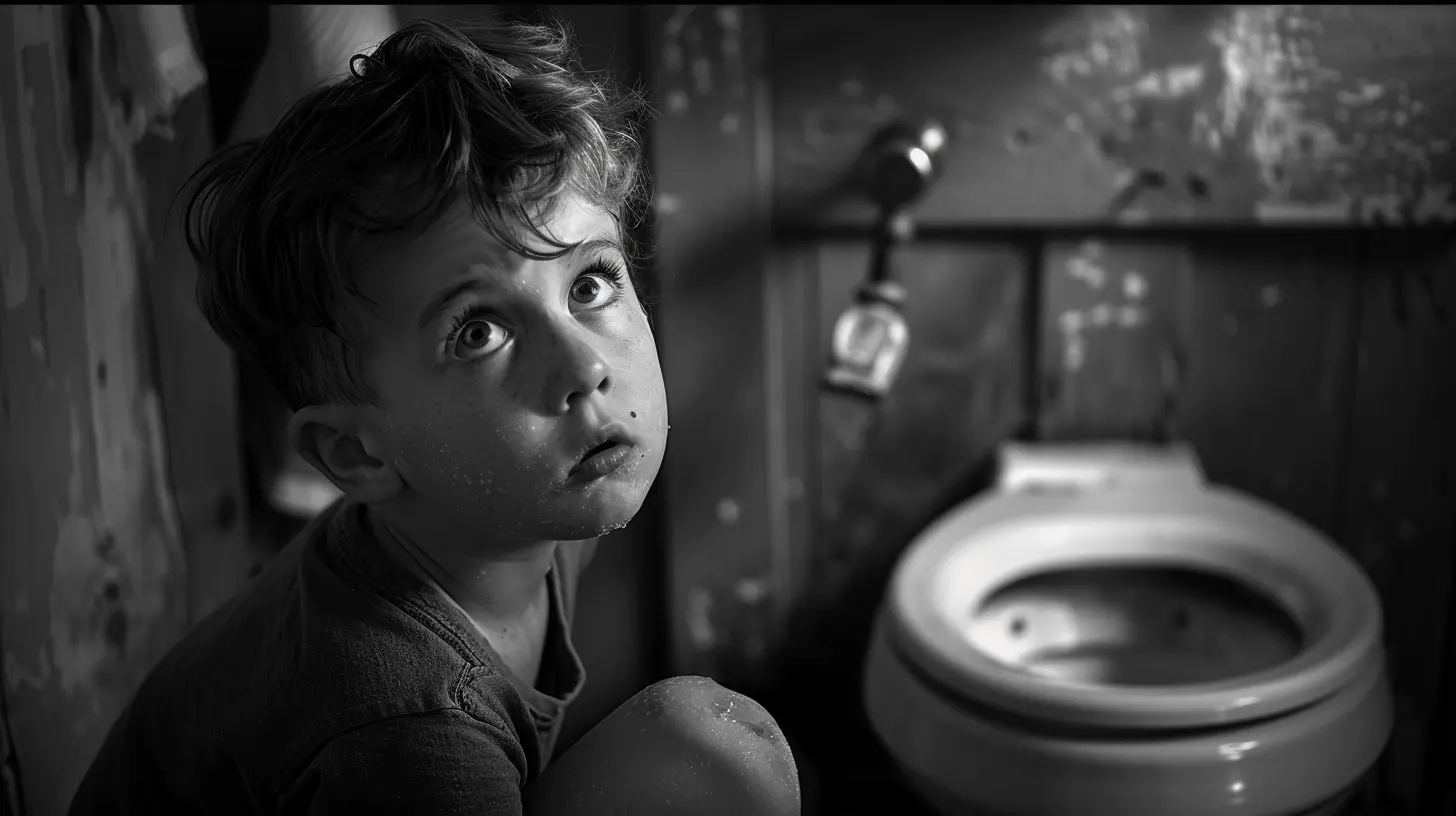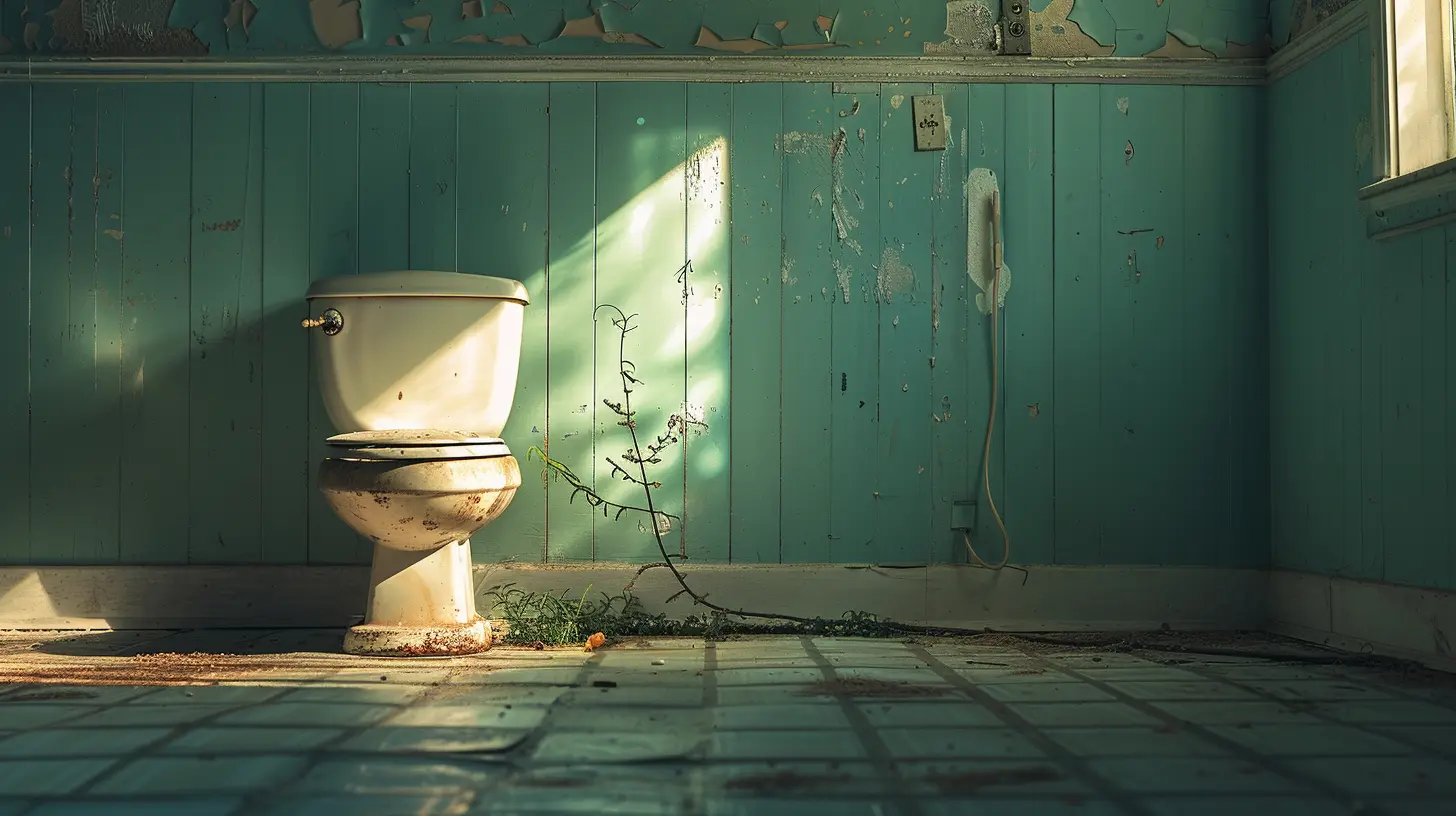Handling Potty Training Accidents Gracefully
27 June 2025
Potty training is an exciting milestone, but let’s be honest—accidents are pretty much part of the package. No matter how prepared you are, your little one will have slip-ups, and that’s perfectly normal. The key? Handling potty training accidents gracefully, without stress or frustration.
In this guide, we’ll dive into why accidents happen, how to react calmly, and practical tips to help your little one stay on track. So, take a deep breath, grab some wipes, and let’s tackle this potty training adventure together! 
Why Do Potty Training Accidents Happen?
Even if your toddler seems to be getting the hang of using the toilet, accidents can happen for many reasons. Understanding these reasons will help you react with patience instead of frustration.1. They’re Still Learning
Potty training is a new skill, and like any new skill, it takes time to master. Just as kids fall when learning to walk, they’ll have accidents as they figure out bladder control.2. They’re Distracted
Toddlers are curious creatures. Sometimes, they get so caught up in playing that they ignore the urge to go. By the time they realize, it’s too late!3. Fear of Missing Out (FOMO)
Many kids don’t want to pause their fun to use the potty. They think they’ll miss out on something exciting, so they hold it until they can’t anymore.4. They’re Not Fully Ready Yet
Some kids take longer to develop control over their bladder and bowels. If accidents are frequent and stressful, they might not be fully prepared for potty training.5. Changes in Routine
A new sibling, starting daycare, or a family vacation can throw kids off their routine. Any major change can cause temporary regression in potty training.
How to React to Potty Training Accidents
Your reaction matters. If you get upset, your child may feel embarrassed or anxious, making the process harder. Here’s how to handle accidents with grace.1. Stay Calm and Positive
Accidents are not a sign of failure—they’re just part of learning. Instead of showing frustration, take a deep breath and reassure your child. Saying something like, “Oops! That’s okay, accidents happen. Let’s clean up and try again next time,” keeps things stress-free.2. Avoid Punishment or Shame
Punishing or scolding your child won’t speed up the potty training process. In fact, it could do the opposite, making them fearful of using the toilet. Instead of blame, focus on encouragement and problem-solving.3. Encourage Them to Help Clean Up
Once your child is old enough, encourage them to participate in tidying up after an accident. This doesn’t have to be a punishment—it teaches responsibility. A simple, “Let’s wipe this up together,” makes cleanup a team effort.4. Remind Them to Try Again
If accidents happen frequently, give gentle reminders. Ask questions like, “Do you think you need to use the potty?” before outings or playtime.5. Watch for Signs They Need to Go
Many toddlers show signals when they need the bathroom, like squirming, crossing their legs, or holding their tummy. If you notice these signs, guide them to the potty before it’s too late.
Practical Tips to Reduce Potty Training Accidents
While accidents are inevitable, there are ways to minimize them and set your child up for success.1. Follow a Routine
Establish a daily potty schedule. Take your child to the toilet first thing in the morning, before and after meals, before bedtime, and every two hours in between. Consistency builds better habits.2. Use Training Pants Strategically
Pull-ups and training pants can be helpful, but they shouldn’t replace regular underwear entirely. They can be useful for outings or naps, but at home, sticking to underwear will help your child feel when they’re wet.3. Make Potty Time Fun
Kids respond well to fun incentives. Use sticker charts, a reward system, or let them pick out special underwear with their favorite characters to keep them excited about using the toilet.4. Encourage Proper Clothing
Easy-to-remove clothing can make a big difference. Avoid tricky zippers, tight jeans, or complicated outfits that slow down the process. Elastic waistbands or dresses make potty time quick and easy.5. Limit Liquids Before Bed
To reduce nighttime accidents, avoid large amounts of water or juice an hour before bedtime. Make sure they use the potty right before sleeping.6. Teach Them to Speak Up
Some toddlers hesitate to say when they need to go. Encourage them to let you know as soon as they feel the urge so they have enough time to reach the bathroom.
Handling Public Potty Accidents
Potty training accidents at home can be managed easily, but what about when you're out and about? Here’s how to handle public accidents with ease:1. Pack an Emergency Kit
Always have a small “potty training kit” in your bag, including:- Extra underwear
- Spare pants
- Wet wipes
- Plastic bags (for soiled clothes)
- A small towel
2. Find Bathrooms Ahead of Time
Before heading out, identify restrooms along your route. Encourage your child to use the toilet before leaving home and upon arrival at your destination.3. Stay Cool and Collected
If an accident happens in public, don’t panic! Just reassure your little one and calmly change their clothes. The less of a big deal you make it, the less embarrassed they will feel.Dealing with Potty Training Regression
Sometimes, a child who was doing great with potty training suddenly starts having accidents again. This is known as potty training regression, and it’s more common than you think.What Causes Regression?
- Stress or big life changes (new sibling, moving, starting daycare)- Illness or constipation
- Feeling pressured or overwhelmed
- Loss of interest or testing boundaries
How to Get Back on Track
Stay patient and go back to basics. Reinforce their potty routine, offer encouragement, and give them some extra attention if they’re feeling insecure. Avoid showing disappointment, as this can make the regression worse.Final Thoughts
Handling potty training accidents gracefully is all about patience, encouragement, and a good sense of humor. Accidents don’t mean failure—they’re just bumps on the road to success!Support your child with love, stay consistent with routines, and celebrate small wins. Before you know it, those accidents will be a thing of the past, and you’ll be looking back wondering why you ever stressed about it.
Happy potty training!
all images in this post were generated using AI tools
Category:
Potty TrainingAuthor:

Max Shaffer
Discussion
rate this article
2 comments
Tempra McGowan
Thank you for this insightful article! It truly helps to remember that accidents are part of the journey. Your tips on handling them with patience and grace are invaluable.
October 5, 2025 at 4:39 PM

Max Shaffer
Thank you for your kind words! I'm glad you found the tips helpful. Patience and grace make all the difference during this journey!
Maura Bryant
Patience and love prevail!
July 10, 2025 at 2:35 AM

Max Shaffer
Absolutely! Patience and love are key to navigating this journey. Thank you for your support!


